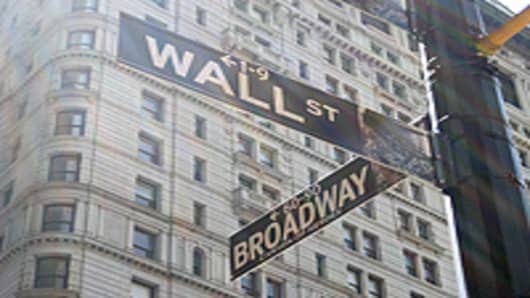“For hours now, they keep asking the same thing over and over”, complained trading coach Doug Hirschhorn via email. As the Senate subcommittee grilled Goldman Sachs for nearly 11 hours Tuesday, the same question was asked over and over again in a variety of ways: How can a company, in good conscience, buy and sell the same product? Easy.
Goldman Sachs makes markets—it is a market maker. The job of a market maker is to determine a price at which the trader is willing to buy a particular product and a price at which that same trader will sell that same product at the same moment in time. Yes—a market maker will give you a price to buy, or sell—and they are generally indifferent to what you do, they just want you to do business.
Imagine you need to buy a car but you don’t want the dealer to know you are a buyer. You walk into an auto dealership and you say to the salesman, "make me a market for a shiny new fully-loaded sports car."
Imagine that the dealer says, “Sure! I will buy that sports car for $20,000 and sell you that sports car for $25,000.” You could do whatever you wanted—buy it, sell it, or walk away. The transaction risk is to the dealer. That is what a market maker does each and every day—sets a price, makes a market, and manages the outcome.
Sell the car to the dealer and that dealer is long inventory and needs to find a buyer. Buy the car from that dealer and the dealer has to figure out how to restock inventory.
So, in the normal course of business, a market maker will become net long or net short. That is the normal course of business for a market maker. So, is it wrong to actively buy and sell the same product?
“The role of the market maker is to match the buyer and seller”, says Gary Kaminsky, former Managing Director at Neuberger Berman and a CNBC contributing editor. “Any institutional investor knows that on the other side of a trade, whether they are a natural long or a short seller is a trader taking the other side”.
Patricia Edwards, Chief Investment Officer of Stonehouse Partners and CNBC "Fast Money" contributor, adds, “Essentially, Goldman’s job is to show up and hold onto a security until someone is willing to purchase it for a higher price or sell it and wait for someone to sell it to them for a lower price.”
In other words, Goldman clients want them to make markets where they can buy, sell or hold—that is the role of a market maker.
Ah. Was that so hard?
Maybe the point in all the redundancy was really made in Senator Levin’s closing remarks: “Senator Dodd’s bill is an important beginning, um and we hope to strengthen it with provisions that address conflicts of interest and address proprietary trading that puts a firm’s self interest ahead of its client’s interests and that’s what we saw evidence of today”.
Sounded like he had that written before the hearing began.


